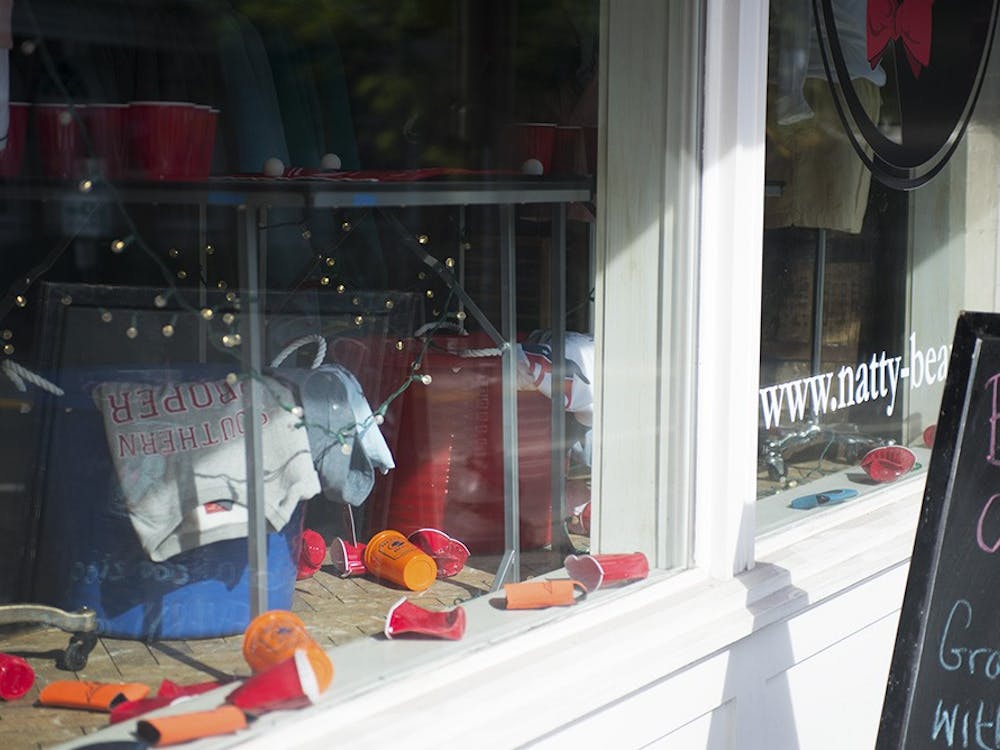Takeaways from the campus climate survey and OCR review
By Managing Board | September 22, 2015Yesterday’s news revealed many details we already knew or expected, but that remain troubling: that past University policies on sexual assault were not sufficient, and that students at the University experience sexual assault in unconscionable numbers.



